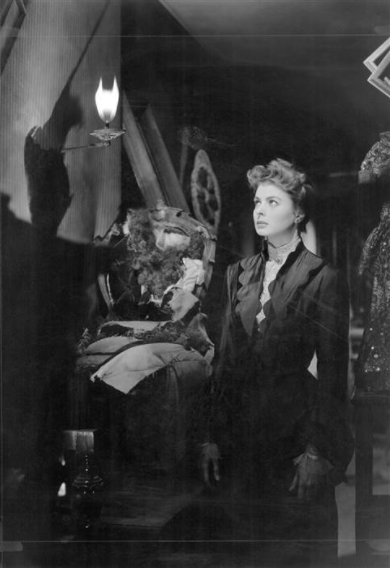“You’re crazy. That never happened!”
“I never said that.”
“Stop making things up!”
An abuse technique called “gas-lighting” uses lies, trivialization, and denial to manipulate survivors into questioning reality.
The term comes from a 1938 play, “Gaslight,” where a man dims the lights in his home and tricks his wife into believing she has lost her mind when she asks him about the darkness.
Slow and subtle, this abusive manipulation technique begins with lies about minute details from the past and eventually causes a survivor to doubt their own thoughts and emotions.
Recognizing gas-lighting is very challenging, so learning what gas-lighting looks like now can make the difference between happiness and toxicity later.
People being gas-lighted may…
- …Constantly second guess themselves. Gas-lighting begins with blatant, unimportant lies. With the words, “I never said that…are you feeling okay?” gas-lighters diminish a survivor’s ability to argue against these easily recognizable lies. Later, gas-lighters use these instances to discount more serious arguments, saying, “You’ve been wrong before. What makes you right now?” By countering reality with a survivor’s past “mistakes,” abusers begin creating their own reality, eventually denying physical altercations, infidelity, or abuse completely.
- …Believe they are over-sensitive. Gas-lighters easily dismiss a survivor’s reality and ignore arguments by calling someone “crazy,” “irrational,” or “sensitive.” Eventually, survivors believe their gas-lighters more than themselves, growing to distrust their own thoughts and feelings.
- …Always apologize. Once gas-lighters convince survivors that they need permission to feel hurt, insulted, or abused, survivors blame themselves for being too sensitive or recalling their experiences incorrectly. Desperate for any affection by an abuser during calm periods, survivors apologize profusely for these “mistakes.”
- …Believe something is deeply wrong, but cannot label it. With full-force gas-lighting, survivors cannot trust their thoughts, words, actions, or senses. They doubt everything they know to be true. This causes deep anxiety and unhappiness, while also diminishing a survivor’s capacity to recognize abuse.
Raising awareness and starting public conversations about gas-lighting can help many survivors recognize these red flags earlier. In addition, raising awareness about mental illness—what it feels like and how to recognize it—can help survivors of gas-lighting differentiate between their mental reality and their abuser’s constructed reality. If you or someone you know have experienced gas-lighting, you must trust your own perceptions. Your parent, partner, child, or friend cannot define your memory, reality, or experience. If you are unsure whether you’re experiencing gas-lighting or any other form of abuse because of mental illness, there is no harm in calling a domestic abuse agency to determine and label what you’re experiencing.
HAWC will support and listen to you! If anything you have read sounds familiar, consider calling HAWC’s 24-Hour Hotline at 800-547-1649.


